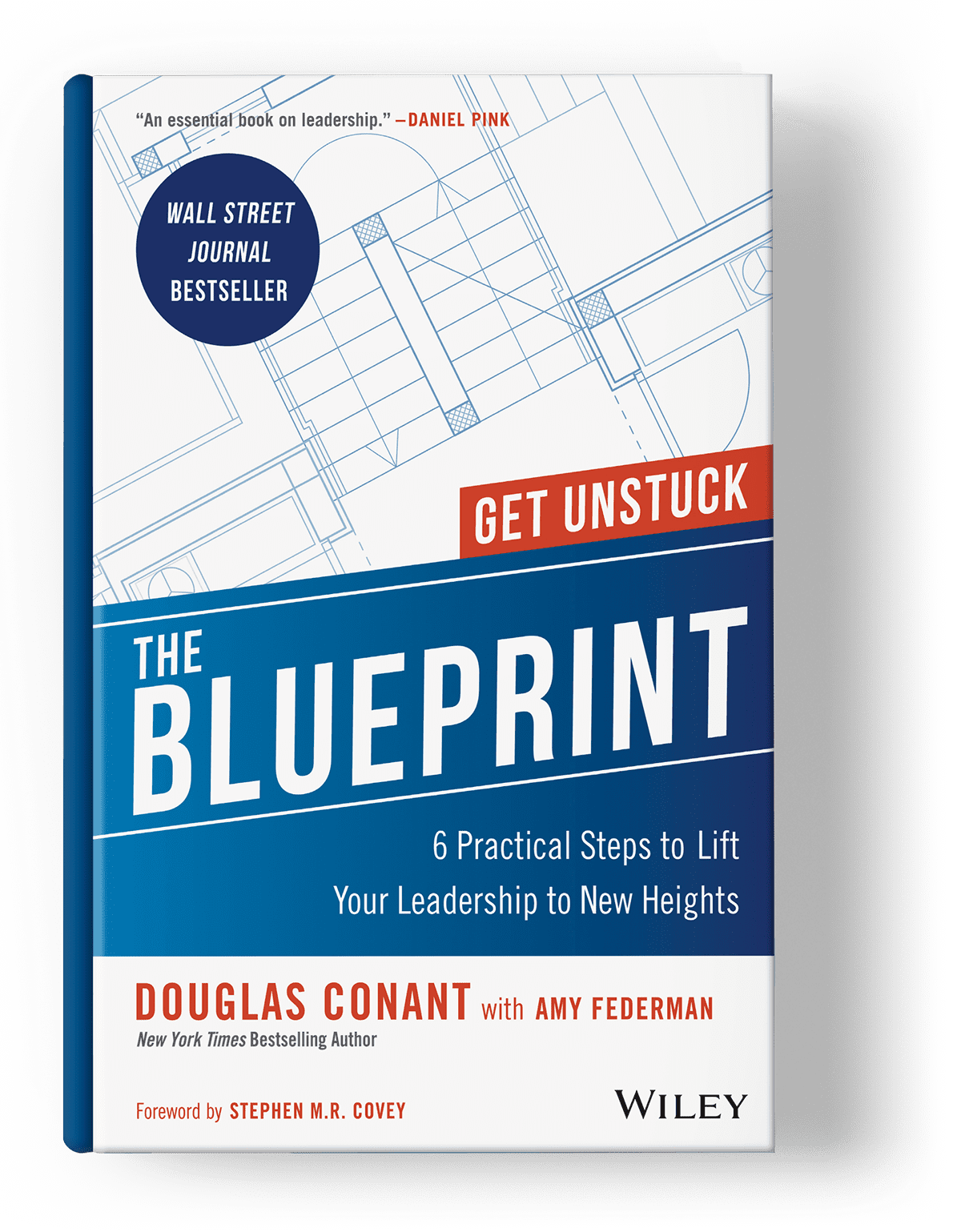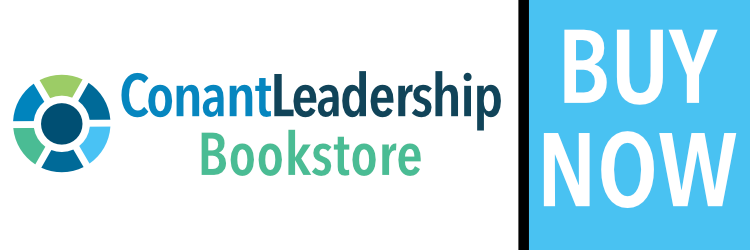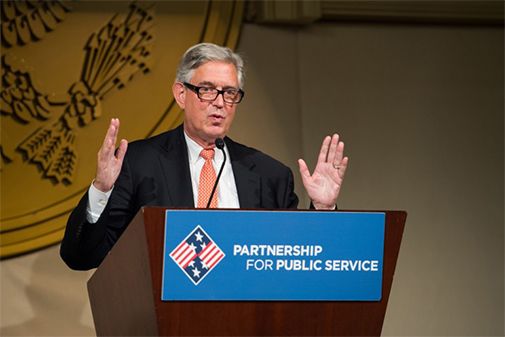Our Founder, Doug Conant, and revered expert on workplace trust, Stephen M.R. Covey, co-authored a piece in Harvard Business Review strongly urging leaders to more carefully heed the urgent need for developing the trust-building skill.
The authors write:
A building surrounded by razor wire. A guard tower looming over the perimeter. Weeds and overgrowth flanking the grim exterior. Inside — drab colors, peeling paint, and dead plants decaying in the common areas. Was this a prison? No. This was the headquarters of Campbell Soup Company when one of us, Doug Conant, took the reins as CEO in 2001.
Was this a deliberate attempt to imprison employees and stifle their energy? No again. It was a vivid example of organizational leaders neglecting the importance of building trust. Contrary to popular belief, cultivating a high-trust culture is not a “soft” skill — it’s a hard necessity. Put another way, it’s the foundational element of high-performing organizations.
Doug identified “Inspiring Trust” as his number one mission in his 10-year turnaround of Campbell Soup Company, where his efforts resulted in cumulative shareholder returns in the top tier of the global food industry, and among the highest measured employee engagement levels in the Fortune 500, particularly with his leadership team. While few leaders would argue against the idea that trust is necessary for building elite performance, not nearly enough realize the height of its importance and far too many disregard trust-building as a “soft” or “secondary” competency.
Trust is the one thing that changes everything.
But in our joint experience, we’ve learned that trust is the one thing that changes everything. It’s not a nice-to-have; it’s a must-have. Without it, every part of your organization can fall, literally, into disrepair. With trust, all things are possible – most importantly: continuous improvement and sustainable, measurable, tangible results in the marketplace.
The authors continue to frame the business case for trust in strong, compelling, evidence-backed terms:
As Stephen argues in his books The Speed of Trust and Smart Trust, trust is not a soft, social virtue — it’s truly a hard, economic driver for every organization.
There is plenty of evidence to support this. The Great Place to Work Institute partners with Fortune to produce the “100 Best Companies to Work For” in which trust comprises two-thirds of the criteria, since their research shows that “trust between managers and employees is the primary defining characteristic of the very best workplaces.” These companies beat “the average annualized returns of the S&P 500 by a factor of three.”
Trust is a hard, economic driver.
Similarly, an advocacy group, Trust Across America, tracks the performance of America’s most trustworthy public companies and has found that the most trustworthy companies have outperformed the S&P 500. Furthermore, a 2015 study by Interaction Associates shows that high-trust companies “are more than 2½ times more likely to be high performing revenue organizations” than low-trust companies.
Your ability to build trust has a profound effect on business results because trust affects two measurable outcomes: speed and cost. When trust goes down (in a relationship, on a team, in an organization, or with a partner or customer), speed goes down and cost goes up. This is what Stephen calls a“low-trust tax.” The inverse is equally true: when trust goes up, cost goes down, and speed goes up resulting in a “high-trust dividend.” These trust taxes and dividends are real and essential for leaders to understand as they develop their trust-building competence.
Doug and Stephen then outline a simple framework for developing the trust-building skill:
We can use practices from Doug’s approach to the trust-building competency over his 40-year leadership career as a case study for the behaviors leaders should develop as they work to build and sustain trust. Three keys to activating the virtuous circle of continuously improved performance and confidence are: Declaring Intent, Demonstrating Respect, and Delivering Results.
Read the entire article in full on HBR.org here to learn how to implement the three key trust-building practices.
Then explore our conversation with Stephen M.R. Covey at The BLUEPRINT Leadership Summit: https://conantleadership.com/trust-and-inspire-covey-leadership-2023-future-of-work/






0 Comments